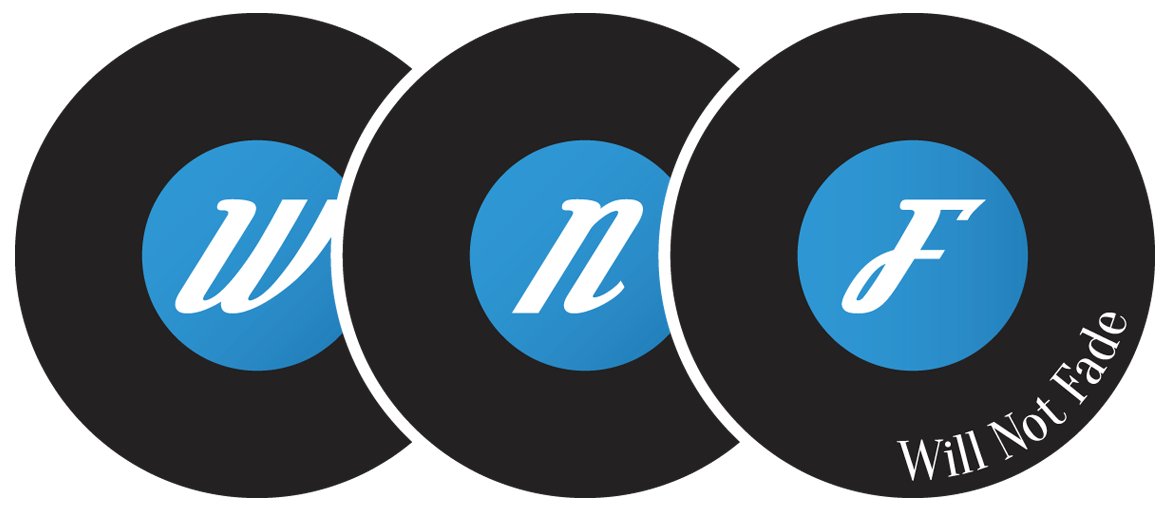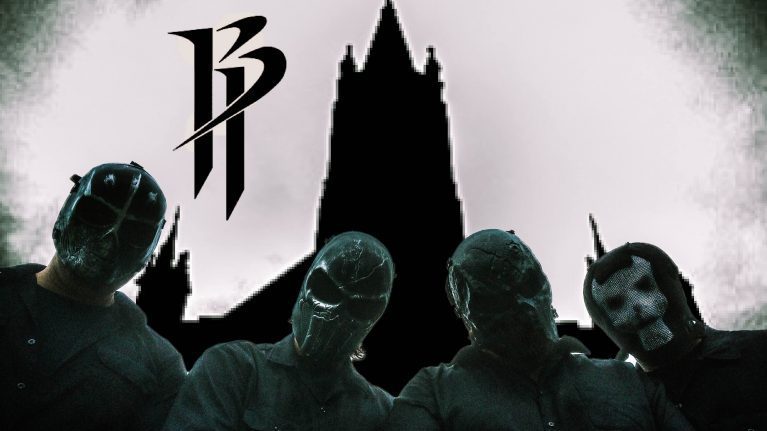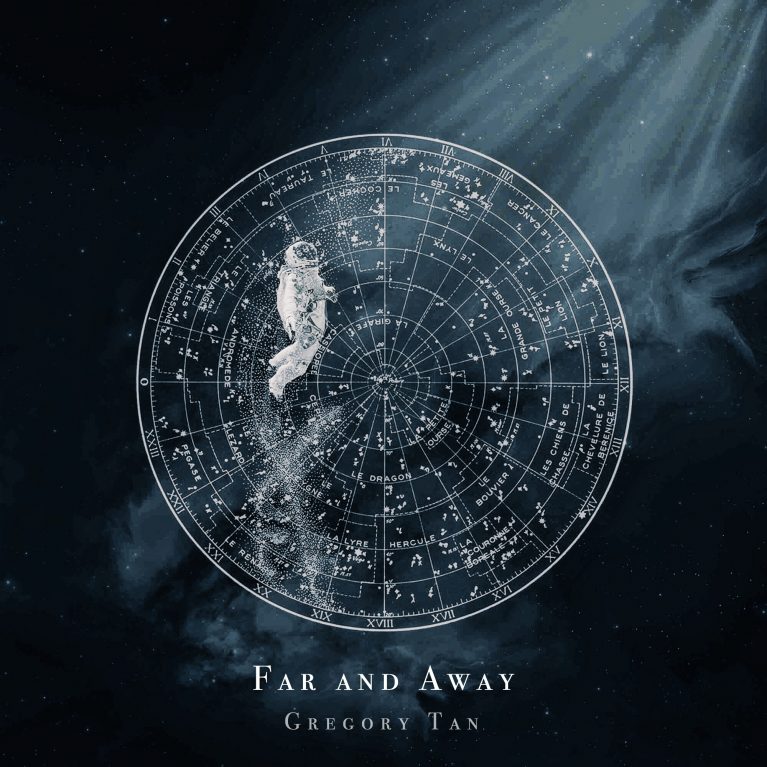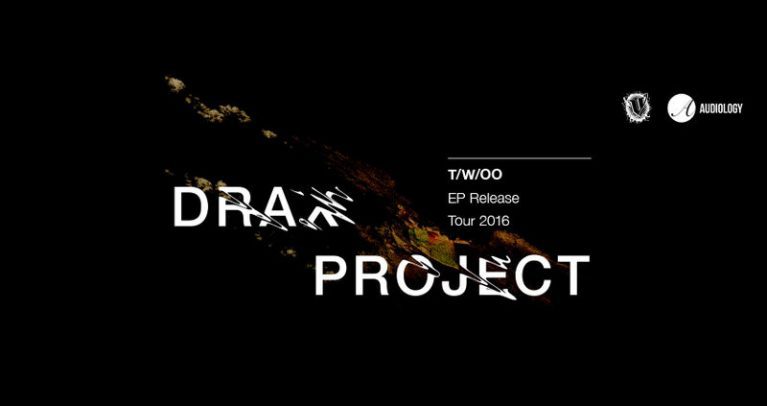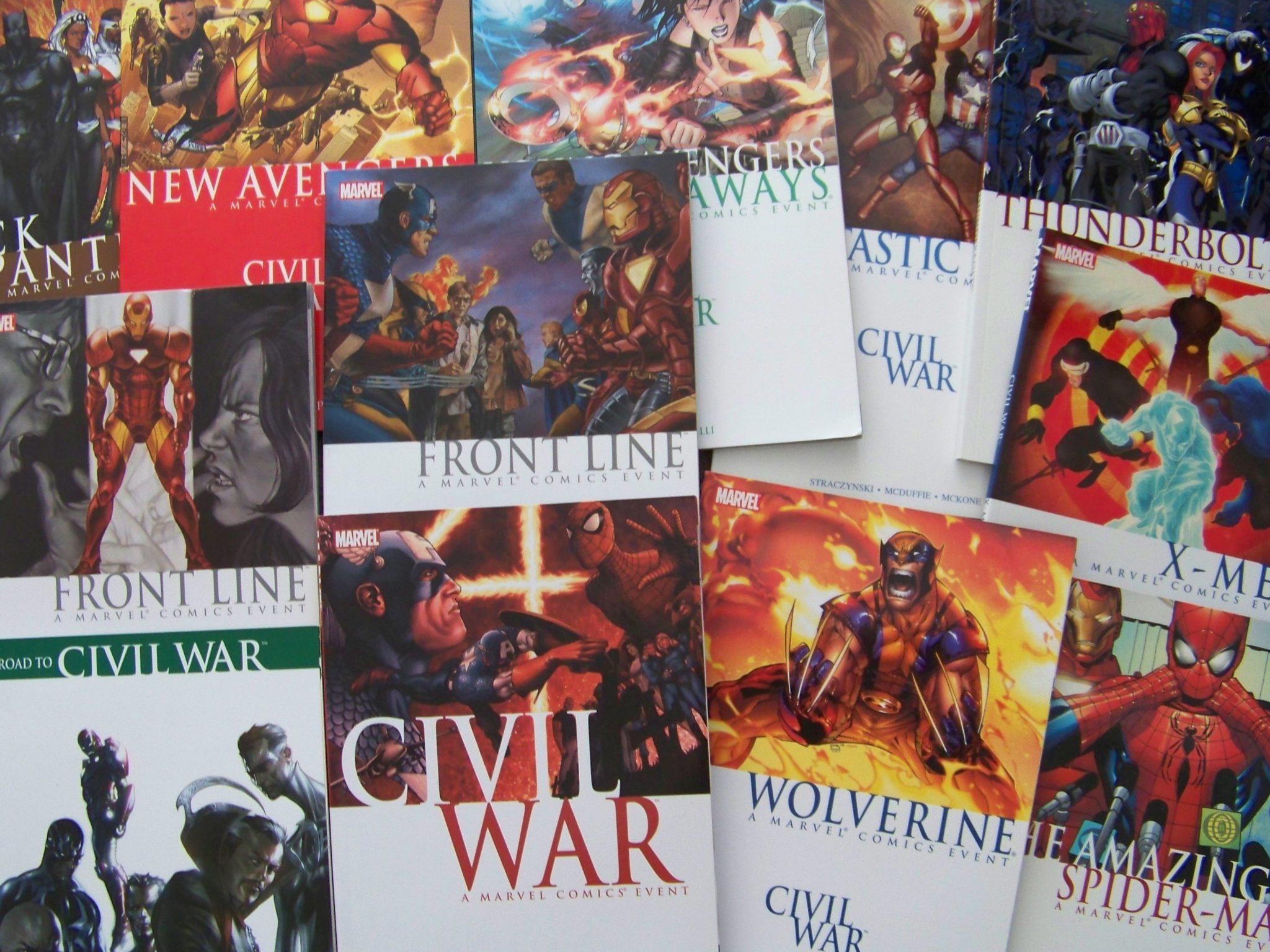What is the story behind your band?
The vision behind Brutal Harmony is to bring our brand of raw metal music set to a storyline that is dark and twisted with classic horror themes.
Brutal Harmony was started as a side project. How do you split your time between your different projects?
Well, in the beginning of the project, we were just playing around with the idea of what we thought would be different and fun at the same time. So Brutal Harmony was created as a side project to a couple of other more serious bands that we were playing and touring with. As the writing continued, we realized this was more exciting and in many ways better than what we were already doing in the other bands. So as of February of 2016, Brutal Harmony is our sole project, and we invest 100% of our time and effort into BH.
How would you describe your sound?
Dark, Melodic, and Soulful Metal.
Do you really live up to the “brutal” aspect of your band name?
We believe the music and our live stage show will live up to our name. The songs, videos, and the stage show to come with share the story of the Brutal Harmony. We have a story board for the BH band member characters that will play out in our up-coming shows and videos.
The whole mask thing has been done before by bands like Slipknot, Mushroomhead, Gwar etc… How does your overall image affect your band?
Our mask represent those with no name, no spirit, or humanity. The masked characters are known as The Unity Of Fate.
Who are your key influences?
I would have to say various classic metal bands such as Slayer, Anthrax, Black Sabbath and many, many others.
What are some key themes and messages that you cover with your music?
Classic Horror Movies , Unrest, and the balance between good and evil.
What format do you use the most when listening to music? [vinyl, cd, streaming etc..]
We would say, all of the above [laughs]. Vinyl most certainly feels warmer and in our opinion, is the best format.
What song or album do you recommend for first time listeners?
Our single “FEAR”. It has all the elements that makes Brutal Harmony what we are.
Tell me about Sonic Outlaw Records. I can’t find much information about them online.
Sonic Outlaw Records is a new independent metal record label set to launch with Brutal Harmony in June 2016. The label is licensed and registered and geared up to roll out and sign a couple more artist before the end of 2016. The label is owned and financed by a group of private investor’s. There will be much to see later this summer.
What is your band’s greatest achievement to date?
Honestly, we feel our greatest achievement is doing what we love to do as much as we get to do it. Not everyone has that ability and we’ve seen so many great musicians quit music over the years, not because they want to but because life, family, jobs wouldn’t allow for it. The fact that we have all always found a way to overcome those hurdles we think is our greatest achievement so far.
Who would you most love to tour or collaborate with?
Slipknot is one of our very favorites but there’s just so many great bands out there these days it’s hard to narrow that down. Be easier to say who we would not collaborate with probably…….
What plans do you have for the near future?
We are still in the process of booking the rest of this year out but so far we have some great shows coming up. Main priority for this year is to finish the album to follow up the single release of Fear. Once that is done we will be hitting the road a lot harder.
Here’s your chance to say anything that we haven’t covered.
The song “flying purple people eater” is reeaallyy hard to get out of your head once it gets in there…….
Brutal Harmony: Facebook Website Twitter Youtube
